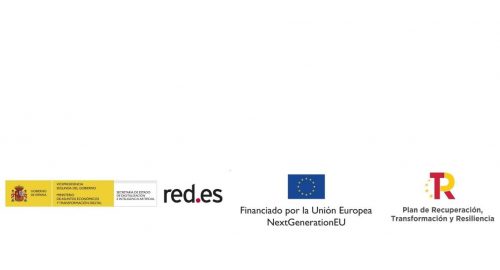
July 1, 2024
Progress in the development of the INARI Project
The INARI project that is being carried out by GRI Renewable Industries with the support of RED.ES, a body under the Ministry of Economic Affairs and Digital Transformation, through the R&D PROJECTS IN ARTIFICIAL INTELLIGENCE AND OTHER DIGITAL TECHNOLOGIES AND THEIR INTEGRATION IN NGEU VALUE CHAINS programme, has made significant progress in its developments.
Among these advances, the creation of several innovative modules that are integrated between them stands out, allowing a coherent sequence of the stages of an offer to be followed by each of the departments involved.
The Supply Chain module automates the calculation of the Standard Project Cost of Materials (SPCM), taking into account various factors such as the weight of flanges and plates, the amount of paint and weldable internal elements, as well as taxes and transport costs specific to each country. It can also store a history of materials used in different tenders. On the other hand, the Kam Offers module standardises the calculation of commercial costs based on production costs, which reduces errors and increases the reliability of estimates, improving transparency and facilitating commercial decision-making.
Having the bidding process under control means that when a project is signed, the financial department has standardised data to assess the risk of a new project and to be able to easily perform cash flow.
It is planned to introduce in INARI a project management module that will allow the exhaustive follow-up from the estimated offer to its execution, including the automatic generation of plans in Catia, the configuration of bevels and the progress report. In addition, a standardisation of the Bill of Materials (BOM) for engineering will be developed, automating the creation of bills of materials and improving consistency in technical documentation. A document manager will also be launched that will store and organise bid and project information in an intuitive way, improving traceability and optimising workflow by integrating with the INARI desktop application.
All these developments will allow GRI Renewable Industries to have all its processes controlled and standardised, thus favouring scalability and implementation in new plants. It will improve process efficiency and reduce risks. We have databases that allow us to control deviations and see the evolution of quotes and projects over time.

